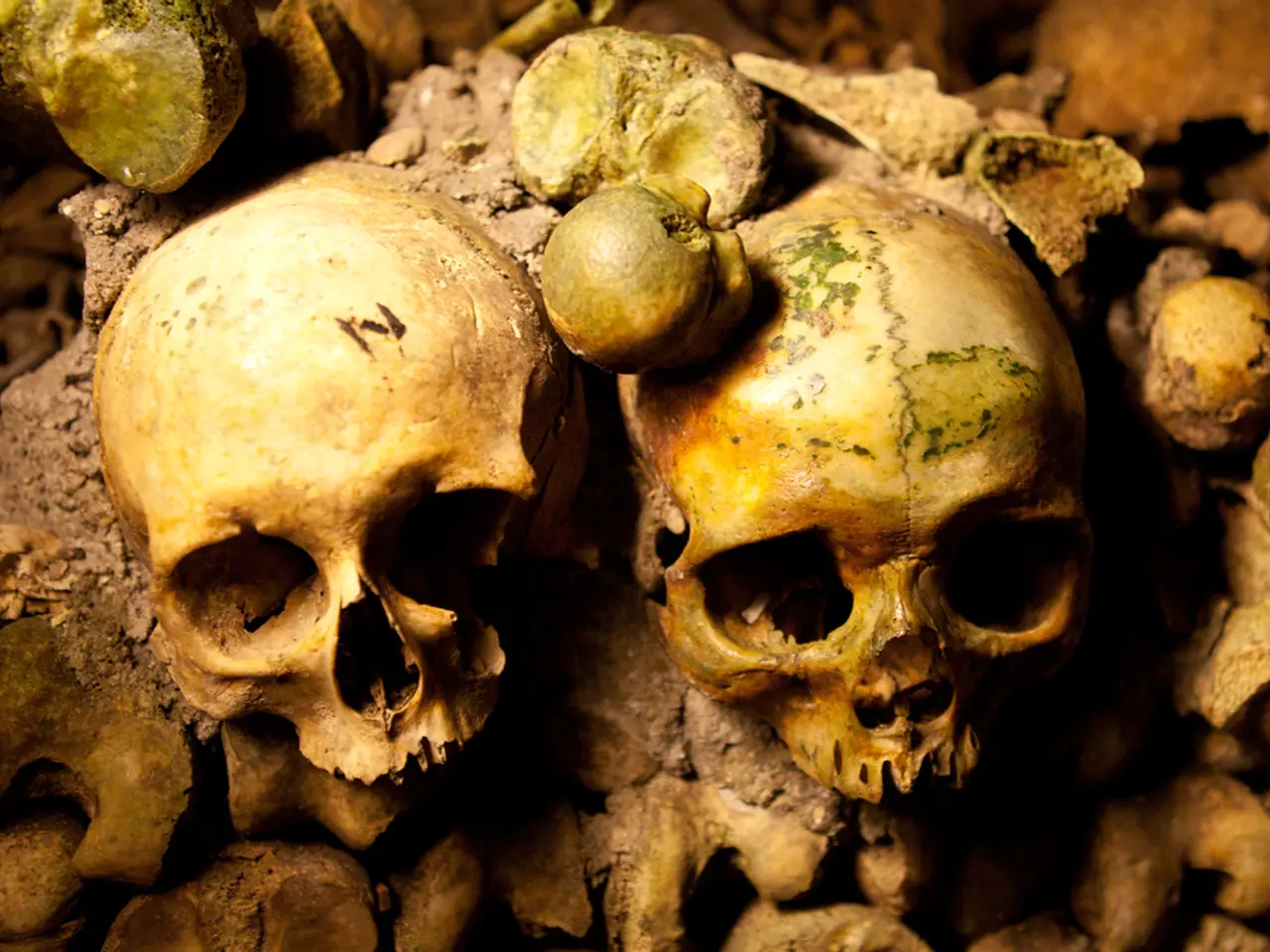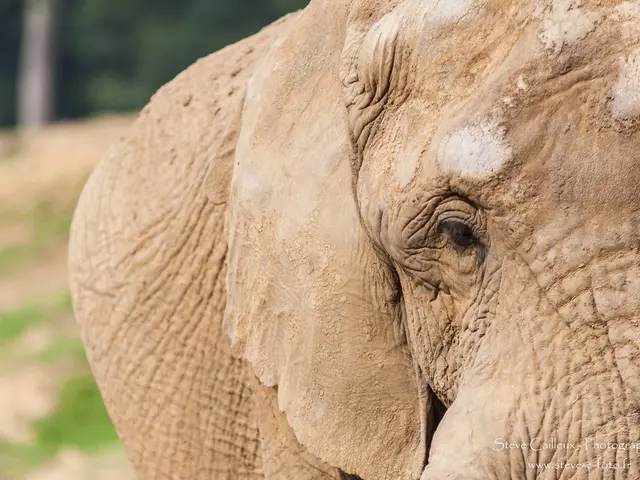Humanity's Lasting Legacy Could Potentially be Piles of Chicken Remains
In the era of the Anthropocene, a term coined to describe humanity's unprecedented influence on the planet, a surprising candidate for future fossils emerges: the humble chicken. According to a study published in Royal Society Open Science, chickens could leave behind a significant legacy in the geological record.
Lead author Carys E. Bennett asserts that chickens are "a potential future fossil of this age." This assertion is based on the evolutionary relationship between birds and theropod dinosaurs, including species related to Compsognathus and T. rex. As modern descendants of theropod dinosaurs, chickens share key skeletal features with their ancient counterparts, such as hollow bones, similar skull and limb structures, and other anatomical traits.
The study suggests that the remains of domesticated chickens, with their numerous numbers, could be a major marker of our civilization. In fact, if the current consumption trend continues, chicken consumption is projected to surpass pork as the world's most consumed meat. As of now, there are more than 22.7 billion domesticated chickens, making them the most numerous vertebrate species on land.
The researchers argue that the chicken bones of today will undoubtedly become fossilized as a representation of the era when humans dominated the planet. This concept aligns with the recognition of birds as living dinosaurs and the potential for their remains to persist over deep time as part of humanity’s biological legacy.
Modern chicken bones may not decompose as quickly as other bones due to their specific skeletal structure, potentially leading to fossilization. This could make them a more enduring testament to our era than other organic materials.
The idea of humans leaving a significant legacy beyond death is not a new one. Pulitzer Prize-winning author Ernest Becker asserts this in his 1973 work "The Denial of Death." Chicken bones, if found by future civilizations, could be the single greatest marker of mankind, outlasting even the most iconic monuments such as the Pyramids of Giza and Stonehenge.
However, it's important to note that the fast-paced growth of chickens in factory-like facilities, where they are specially bred to grow faster, leads to health issues and an inability to live a normal life. This raises questions about the sustainability and ethics of relying so heavily on chickens as a food source.
Despite these concerns, the evidence for chickens as a potential legacy of the Anthropocene is compelling. As we continue to shape the planet, it seems that even our everyday choices could leave a lasting impact on the geological record.
Read also:
- Carpometacarpal joint osteoarthritis: Characteristics, origins, remedies
- Local community advancement backed by Goldbach Consulting, with a nationwide initiative for coaching sustainable development professionals
- Managing Aggressive Pitbulls Humanely: An In-Depth Guide
- Banteng's Vanishing Act: Separating Truth from Myth in the Realm of Forgotten Fauna








